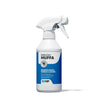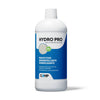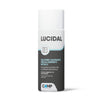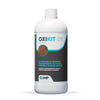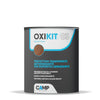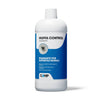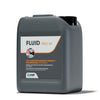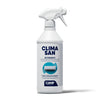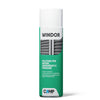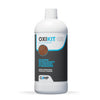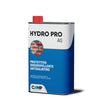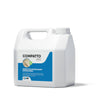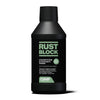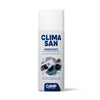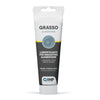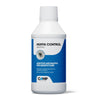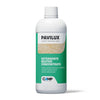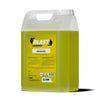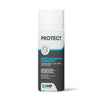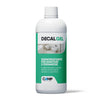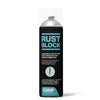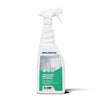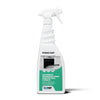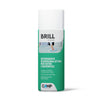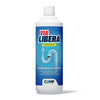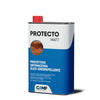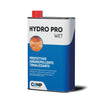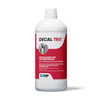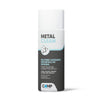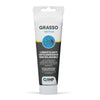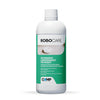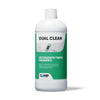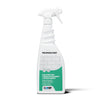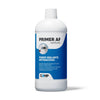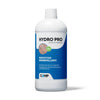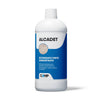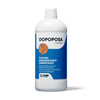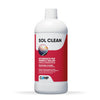Air conditioners: 10 tips to make the best use of them at home and in the office
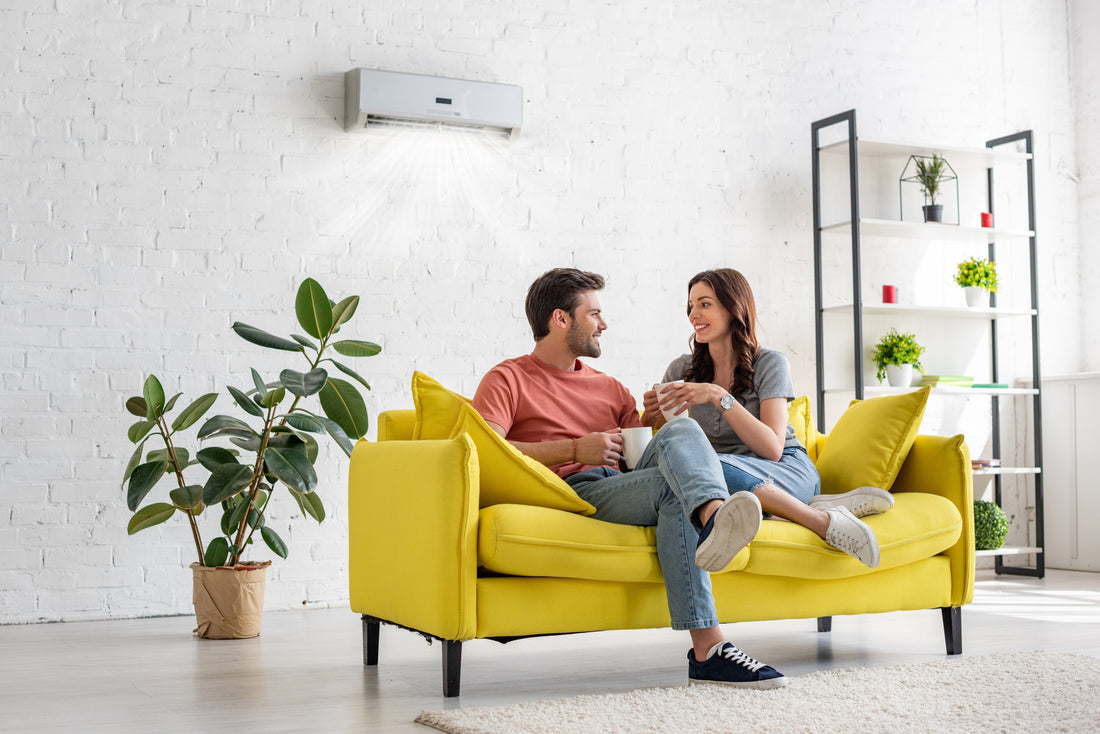
During the summer season, the climate at home and at work influences your psychophysical well-being. High temperatures and humidity can, in fact, compromise comfort, productivity and health.
Efficient use of air conditioners allows a pleasant and healthy environment to be maintained, preventing fatigue, dehydration and heat stroke and reducing costs and energy waste.
1. Keep windows closed
When using air conditioners, make sure that all windows are tightly closed to prevent the dispersion of fresh air. This is essential to maintain a cool environment without overloading the system, improve energy efficiency and reduce consumption.
2. Use shading protection
Install dark curtains, blinds or shutters on windows to limit direct exposure to sunlight. This reduces the air conditioner's workload and energy consumption, keeping rooms cooler.
3. Adjust the temperature appropriately
Avoid setting temperatures too low compared to outside. The ideal temperature for physiological well-being is around 25-27°C. Setting very low temperatures increases energy consumption and can cause abrupt temperature changes, which are harmful to health.
4. Use programmable thermostats
Programmable thermostats can help you manage temperature better, reducing consumption when you are not at home or during the night. This simple device optimises the use of the air conditioner, increasing energy efficiency.
5. Insulate your home well
Good wall and roof insulation can significantly reduce the need for cooling, keeping the house cool for longer. This reduces the workload of the air conditioner and generates significant savings in energy consumption.

6. Use appropriate clothing
Cover yourself every time you move from a warm environment to a cooler, ventilated one, thus reducing thermal stress and preventing ailments such as colds and sore throats.
7. Use the dehumidifier
In areas with high humidity and moderate temperatures, the use of a dehumidifier may be sufficient to improve environmental comfort, reducing energy consumption compared to the use of an air conditioner. This is particularly useful in coastal or humid areas.
8. Plant trees and plants around the house
Vegetation can provide natural shade, reducing heat build-up and improving the microclimate around the home. In this way, you can reduce the need for cooling and improve the energy efficiency of your home.
9. Check the air velocity
Make sure the air speed is less than 0.15 m/s. Too high a speed can create discomfort and reduce comfort, whereas a controlled speed ensures an even distribution of fresh air.
10. Carry out regular maintenance
Clean filters, internal components and the outdoor unit periodically to avoid accumulation of dust and debris. Proper maintenance increases the efficiency of air conditioners, reduces operating costs and decreases the risk of fire and corrosion.
In addition, it is advisable to have the refrigerant fluid and the compressor checked by a technician every 2-3 years to ensure optimal operation of the system.
In addition to these tips, it is also important to sanitise vehicle air conditioners. Often neglected, car air conditioning systems can become breeding grounds for bacteria and allergens.
Use specific products such as the Climasan One-Shot for a deep and safe cleaning of the system and passenger compartment to improve the air quality inside the vehicle and prevent respiratory problems.
With these simple but effective tips, you can optimise the use of air conditioning systems, reducing energy consumption and improving the comfort and healthiness of home and work environments.
[product=climasan-one-shot]
Sanitising single-dose treatment for air conditioning systems, in a cylinder with a one-shot total-empty system. In just a few minutes, it thoroughly sanitises systems, purifies the air and releases a pleasant fragrance.
[/product]
